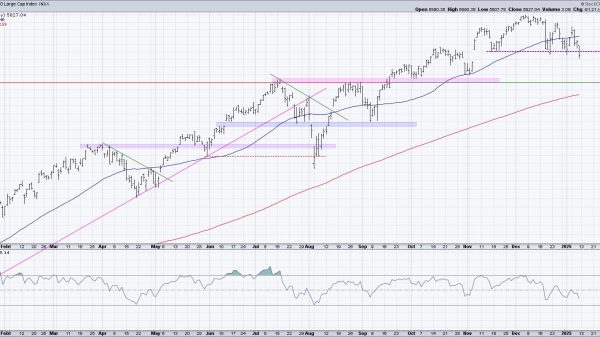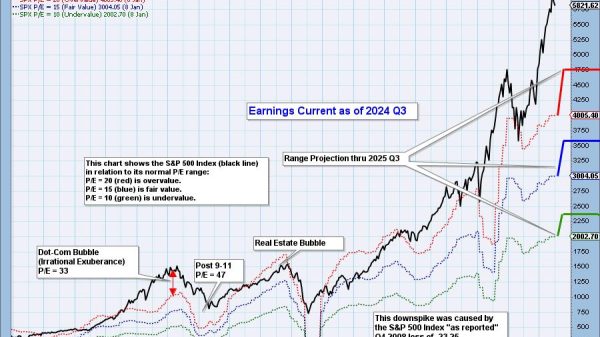British consumers sharply cut their spending in January as the cost of living crisis damaged household finances, retailers have warned, amid growing concern over the impact of high inflation on the economy.
The British Retail Consortium (BRC) said sales growth slowed last month despite retailers offering steep discounts in the January sales, with households reining in their spending in the face of soaring costs for energy, food and other basic essentials.
Total sales rose by 4.2% in January compared with a year earlier, down from December’s annual growth rate of 6.9%. The BRC said much of the rise was a result of high inflation pushing up the value of goods being sold, masking weaker sales volumes.
“As Christmas cheer subsided, retailers felt the January blues as sales growth slowed,” said Helen Dickinson, the chief executive of the BRC.
“Many retailers discounted heavily to entice consumer spend, and while there were bargains to be had in the January sales, retailers continue to be hit by lower margins and falling volumes. Own-brand ranges remain popular across food and non-food products, and big-ticket items are seeing customers trade down.”
The bleak consumer outlook was underlined on Monday with the news that all 170 of M&Co stores will close with the loss of 1,900 jobs after the Scottish retailer fell into administration before Christmas.
The clothing and homeware retailer’s brand has been bought by Peterborough-based AK Retail Holdings, the owner of the larger sizes brand Yours Clothing, Long Tall Sally and Bump It Up Maternity but the deal did not include M&Co’s physical stores.
The BRC said the coming months would be challenging for retailers and households, with inflation at the highest rates since the early 1980s and the economy on the brink of a prolonged recession. The annual rate of inflation fell back in December to 10.5%, down from a peak of just over 11% in October, although still remains at the highest level since 1982.
“Consumer confidence remains stubbornly low and looming rises in household bills and mortgages mean discretionary spending will remain weak,” Dickinson said.
According to the latest monthly sales monitor from the BRC, clothing propped up spending on the high street in January, with men’s clothes and shoes the strongest performing category. Consumers also continued to spend on energy-efficient appliances, reflecting the soaring cost of gas and electricity.
However, much of the headline rise in spending was driven by higher inflation pushing up costs, with retailers warning that the volume of goods being purchased on the high street and online was falling compared with a year earlier.
Separate figures from Barclays showed consumer card spending grew 9.7% in January compared with the same month a year earlier, a period when concerns over the Covid Omicron variant led many people to stay way from the shops and hospitality venues.
Highlighting the rebound from the coronavirus pandemic, the snapshot showed a sharp increase in bookings for the travel sector as holidaymakers geared up for getaways later this year. Spending with travel agents and airlines rose by more than three-quarters compared with a year ago, while there was also an increase in spending on domestic holidays.
However, the figures showed an increase in spending on utilities, with a jump of 45% compared with a year ago as households raised their spending on gas and electricity to keep warm when the temperature dropped.
It comes amid concern over the strength of the economy, after figures from the construction trade showed a sharp fall in activity last month as the impact of soaring inflation and rising interest rates from the Bank of England weighed on growth.
The latest monthly snapshot from S&P Global and the Chartered Institute of Procurement and Supply (Cips) showed a decline in housebuilding activity in particular, in the weakest construction sector performance in just over two and a half years.
However, business expectations for the year ahead recovered from December, with confidence reaching the highest level for six months. The survey of 150 firms in the building trade found the general economic outlook appeared to have improved, while some companies said there had been a tentative turnaround in sales inquiries.
John Glen, the chief economist at Cips, said: “The wrecking ball of higher inflation and interest rates has knocked the UK’s residential building output to its weakest since May 2020 as stretched mortgage affordability impacted on the building of new homes.”
Read more:
British shoppers rein in spending despite sales as cost of living crisis takes toll























